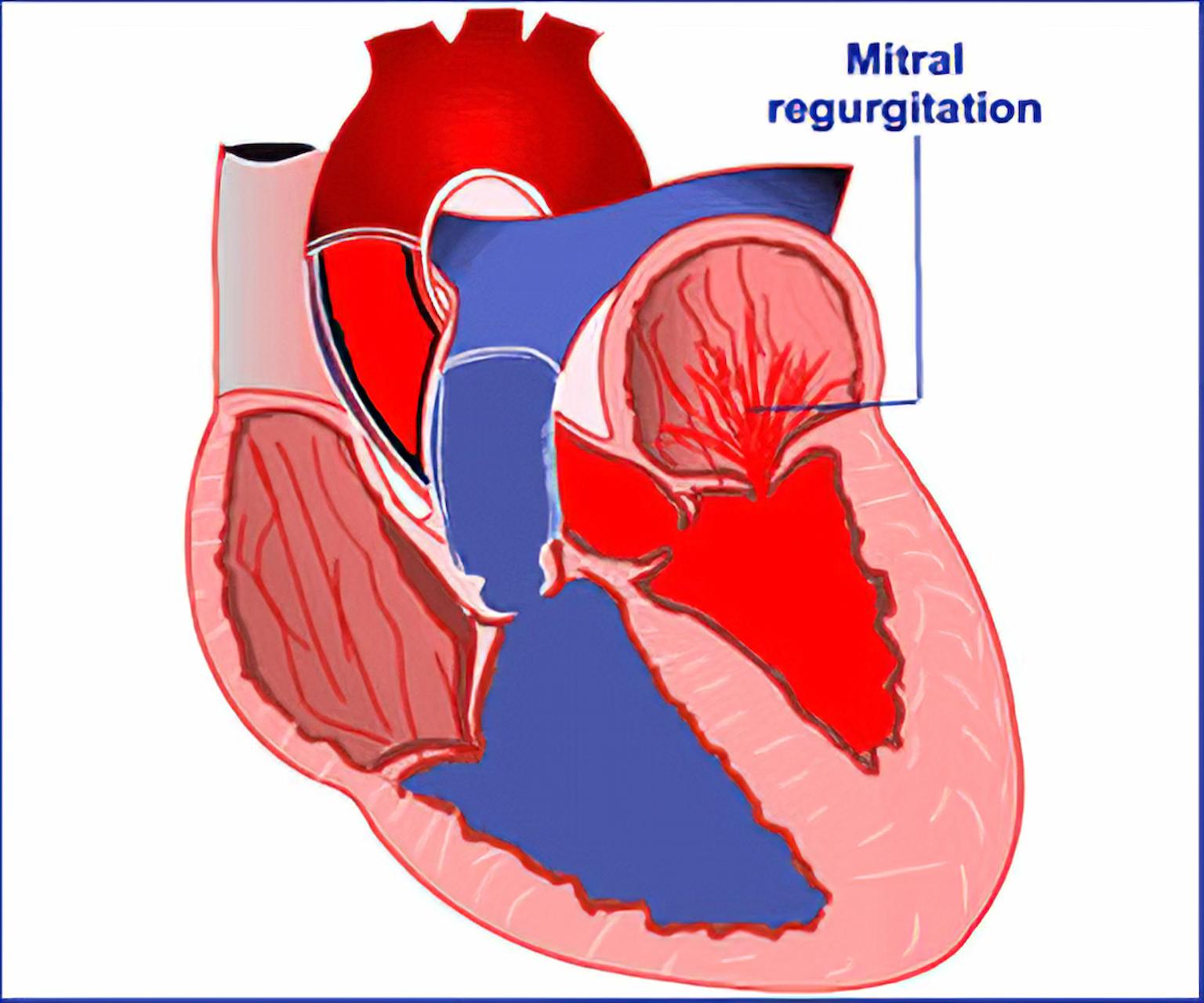Mitral valve regurgitation is a heart condition in which the mitral valve of a person does not close adequately. This allows the blood to flow in a backward direction, making one feel tired and breathless. For minor conditions, ideally, no treatment is required. However, severe conditions may lead to life-threatening conditions.
To help you know about this heart condition in a better way, we have listed down all the information that you may want to know:-
What Are The Symptoms Of Mitral Valve Regurgitation?
The symptoms of mitral regurgitation may depend on the severity of the condition. In various cases, the patient may not even experience any kind of symptoms. Some of the most common symptoms that can be seen in people suffering from this heart condition are as mentioned below:-
- Unusual heart sound when examined through a stethoscope.
- Falling short of breath, even while not being indulged in physical activities.
- Fatigue.
- Swelling of ankles and feet.
- Frequent heart palpitations.
Mitral valve regurgitation often develops slowly and takes time for the patient to show all of the above-mentioned symptoms. If you or your loved ones start developing any of the above mentioned symptoms, it is high time for you to visit a heart specialist.
What Are The Causes Of Mitral Valve Regurgitation?
Some of the most common causes of this heart condition are as mentioned below:-
- Rheumatic Fever:- Rheumatic fever is an onset of untreated strep throat, which could cause damage to your mitral valve, which can further lead down to this heart condition.
- Heart Attack:- In various cases, severe heart attacks could cause damage to heart muscles that can hamper the functioning of the mitral valve, and sometimes even lead to mitral valve regurgitation.
- Abnormal Heart Muscle:- Certain situations, such as high blood pressure can cause your heart to work really hard, which in turn can lead down to enlarging of the left ventricle of your heart, which can cause mitral valve regurgitation.
- Radiotherapy:- In certain cases, radiology therapy for cancer, which is specifically focused on the chest area could also be a cause of mitral valve regurgitation.
Apart from all the above-mentioned causes, there could be various other reasons, including damaged tissue cords, trauma, medication side effects, and various others, which could lead to mitral regurgitation.
In most cases, mitral valve regurgitation does not cause any major problems. However, the condition may worsen with age, heart complications, and various other factors. In various cases, this can also lead to complete heart failure, pulmonary hypertension, and various other deadly conditions. Therefore, it is very important to catch this condition at a very early stage and start the medication and treatment for the same.



